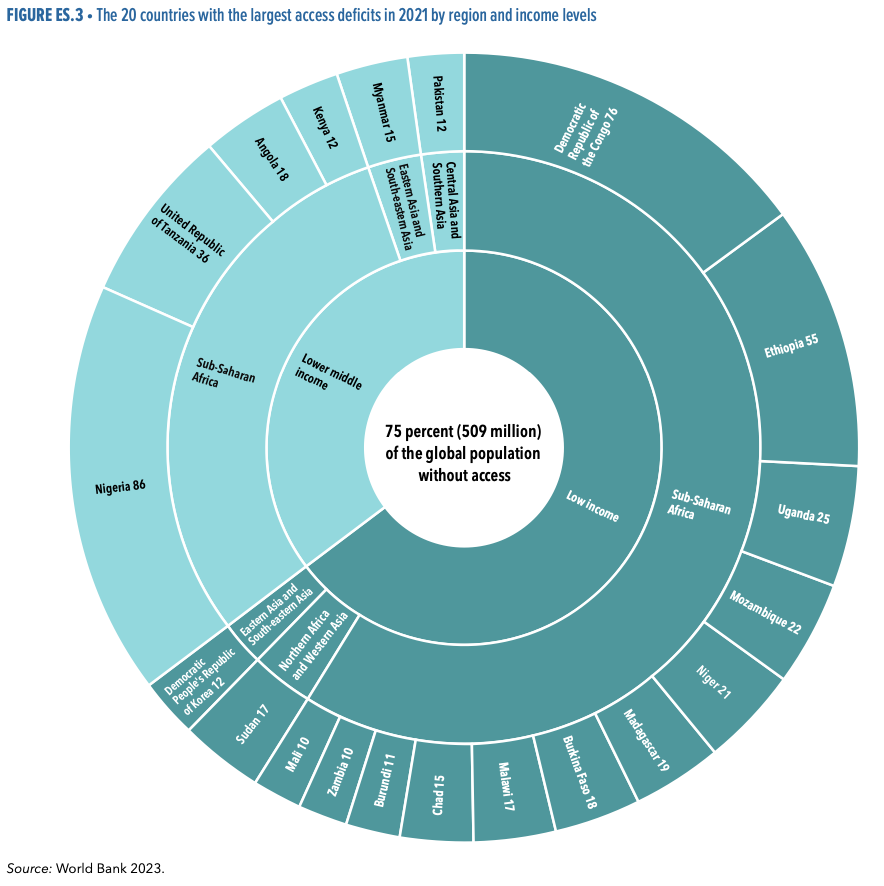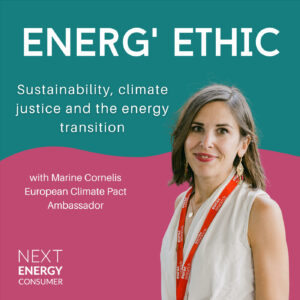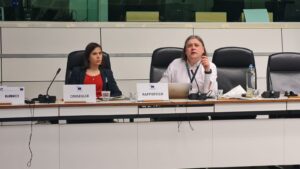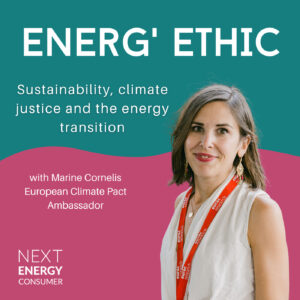I have had the opportunity to delve into the recently published IEA-IRENA-World Bank-WHO report on the monitoring of SDG7, which focuses on achieving universal access to energy by 2030. Let me share with you some insights and thought-provoking statistics.
First, I must commend the authors for their exceptional infographic, which brilliantly reveals the disparities across various zones and household characteristics. It is evident that we are not all in the same boat, as the gap between rural and urban areas, as well as between different income levels, is striking.
One remarkable achievement is the significant reduction in the number of people without electricity. Between 2010 and 2021, this figure nearly halved from 1.1 billion to 675 million. However, the pace of annual growth slowed during 2019-2021 by 0.6 percentage points due to the impact of COVID-19, the energy crisis, and the war in Ukraine.
While developing countries experienced record-breaking renewable capacity growth in 2021, with a year-on-year increase of 9.8 percent, this progress remains unevenly distributed. The cumulative installations reached 268 watts per capita, highlighting the need for further efforts to ensure equitable access to renewable energy sources.
One figure that often goes unnoticed from a European perspective is the lack of access to clean cooking solutions. In 2021, there were 2.3 billion people without such access, representing a decrease of 20.7 percent compared to 2010. However, by 2030, an estimated 1.9 billion individuals will still be deprived of clean cooking facilities.
And who is most often in charge of collecting the necessary (often polluting) fuel & cooking (on an open fire)? Primarily women and children.
Shockingly, according to the WHO, household air pollution from these practices leads to 3.2 million deaths, including 240,000 pneumonia-related deaths in children under five years old. Addressing this issue is not only a matter of public health but also of social justice and gender equality.
Another disconcerting statistic is the decline in financial flows for energy access programs. In 2021, these flows amounted to USD 10.8 billion, an 11 percent drop from the previous year and a significant decrease compared to the 2010-2019 average. This amount also represents just 40 percent of the peak funding in 2017. These numbers raise critical questions about the beneficiaries of energy access programs and the urgent need to make them fairer and more inclusive.
While the report briefly mentions off-grid and mini-grid solutions, it only superficially addresses the importance of electricity quality and the pressing need for substantial investment in infrastructure and networks. A resilient and digitized network is essential for providing reliable power, as relying on a camping lamp for a few hours is worlds apart from having a robust and flexible energy solution.
If you’re interested in diving deeper into these topics, I invite you to join me and my colleagues from the EURICA LEAP-RE project at CIRED in Rome next week (14 June 2023). Together, we will present our paper “from Blackouts to Flexibility: case study from Burkina Faso”
Let’s explore innovative strategies to tackle the challenges in achieving universal access to energy and contribute to a more sustainable future.





